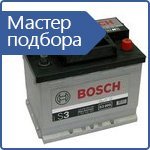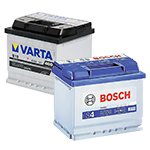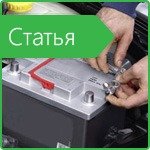The negative impact of heat on the battery, especially the preparation for the summer
All drivers know that a car battery is subjected to severe stresses in the winter, as at low temperatures the speed of the electrochemical reaction is significantly reduced, which makes it difficult for the battery to function normally. But few people think that in the summer of starter batteries power no less wear out. After all, overheating for lead power sources is also destructive as severe frost. But many motorists mistakenly believe that summer is the best time to use a car battery.
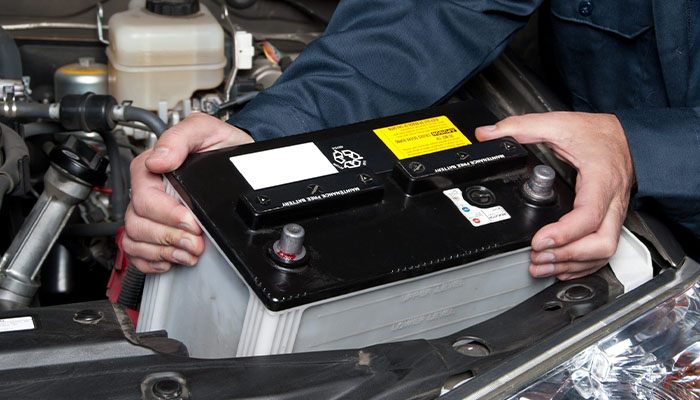
Features of the impact of high temperatures on the battery
In the summer, in heat, batteries are subject to a very detrimental effect on the part of the environment. In fact, a negative impact is observed already at a temperature of +30 - + 35 °C, at which a number of irreversible processes are launched inside the power source. And if you do nothing, they will slowly kill the battery.
In total, there are four most critical points:
Electrolyte evaporation
This item is especially relevant for serviced batteries of the classic lead-acid design with liquid electrolyte. Since the electrolyte in them is an aqueous solution of sulfuric acid, when certain critical temperatures are reached, the water begins to evaporate in vain.
This leads to the fact that the electrolyte level drops sharply inside, and the lead plates become bare. As a result, the contact area of the acid with the active mass on the electrodes becomes smaller, therefore, the lower the electrolyte level in the battery, the less current at start-up it can produce and the smaller its capacity. It is also worth noting that the concentration of sulfuric acid in the solution in this case increases. This can also cause accelerated destruction of the electrodes.
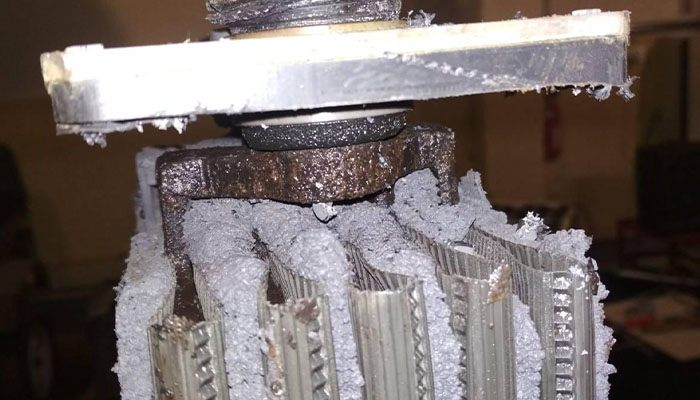
Plate Sulfation
If at minus temperature the reactions slow down, then with a sharp increase in temperature, which is observed in summer, the processes inside the battery proceed much faster. Including accelerated and sulphation battery plates. And of course, the faster this process goes, the shorter the battery life will be, as it wears faster. This is due to the fact that under the influence of high temperature, when water evaporates and the concentration of acid on the surface of the lead plates increases, a crystalline film forms, which does not conduct electrical current. This reduces the efficiency of the battery, and eventually after a while, if nothing is done, the battery will completely fail.
Modern types of maintenance-free batteries with a sealed case are subject to this. Although the water evaporates in them, it then settles back to the bottom during the recombination process. Such batteries are considered more durable, as the water does not go anywhere. However, when overheated, most of the liquid inside is in the form of steam and rises. The plates become bare, the density of the solution below also increases, which causes the same process of sulfation.
Terminal Oxidation
In the heat goes faster and such a process as the oxidation of the terminals. This happens under the influence of acid vapors, which at high temperatures more actively rise up, and particles of acid can settle at the terminals. As a result, the terminals are covered with a dense coating - oxidized. This really prevents the launch of the automobile engine, since the flight does not induce a current, which means that the battery cannot fully release energy.
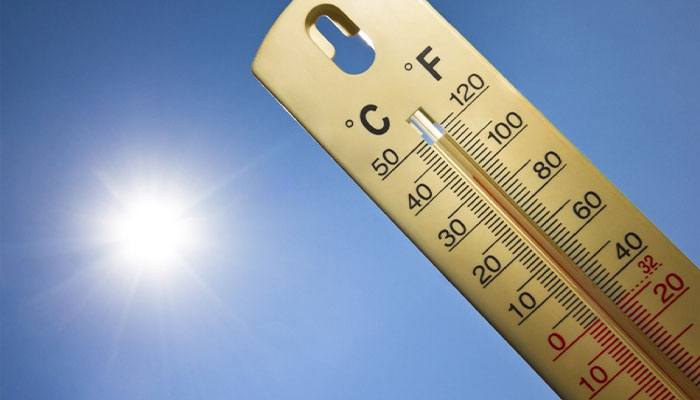
Critical Temperature
The optimal, comfortable working temperature for car batteries is from + 20 to + 25 °C. Negative processes, as we have already noted above, begin to be activated in the battery already at + 30 °C (usually this indicator is observed even in the shade in the summer) - with these indicators sulphation begins. However, often under the hood with the engine running can be much hotter - up to + 60 °C and above.
Of course, the car is blown during the ride, but this is not enough for full cooling. And if you consider that cars in the urban cycle often stand in traffic jams, this significantly increases the load on the battery, which in such conditions can not fully perform its work and recover.
How to protect the battery from overheating?
No one can influence the indicator of air temperature, you can’t do anything against nature. However, it is possible to facilitate the life of the battery and thereby extend its life. And there is nothing difficult. If has If a battery with a liquid electrolyte, then it is important to constantly monitor the level of the electrolyte and prevent its critical fall. To do this, simply unscrew the caps on the cans. Top up with distilled water if necessary. You can also use a hydrometer and for determining the density indicator, it should normally be within 1.27. It is recommended to do this always on the threshold of the onset of summer, because it will help to reduce the negative effects of high temperature to a minimum, avoiding sulfation and destruction of lead plates.
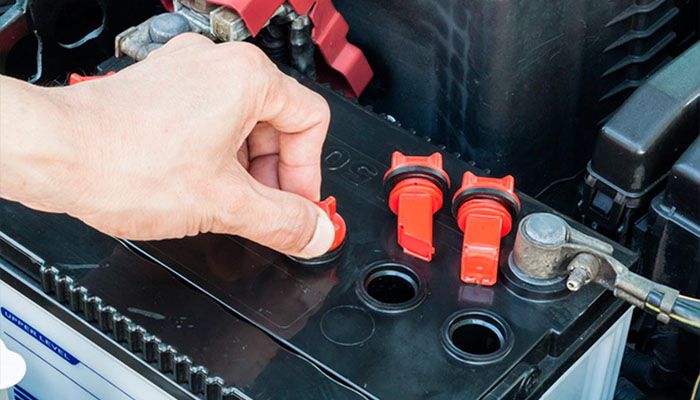
If you have a maintenance-free battery, then there’s no way to check the state of the electrolyte. It is simply not provided for in them, as a rule, there are no holes at all on the body. For such batteries, there is only one option for prevention - desulfatation. Already from the name it is clear that this is a reverse process, in which, under the influence of certain factors, the destruction of sulfite deposits occurs.
Now in automotive stores you can buy a variety of chargers, which already have a special desulfation mode. It is very easy and convenient to work with them. Just connect the battery and select the desired mode of operation in the settings. Usually this process is not fast and lasts several times longer than normal charging. But after working battery performance noticeably improved, and it will work longer and more stable.
It is impossible to completely get rid of the influence of heat, but you can try to reduce negative to a minimum, you just need to pay more attention to the state of the battery in the summer. What usually many drivers neglect. If your battery still fails due to overheating, then you can buy a car battery in Kiev, Kharkov, Odessa at any time in our online store 130.com.ua.
Related materials:
Car batteries: Best Sellers

Stay tuned for updates!
Subscribe to our Telegram channel and be the first to receive useful materials.
Subscribe






















